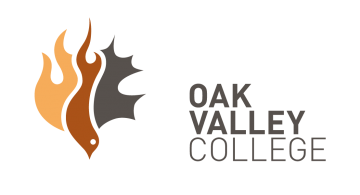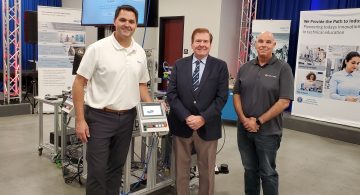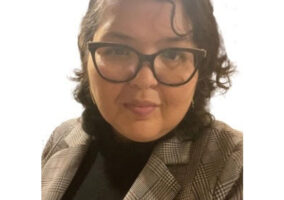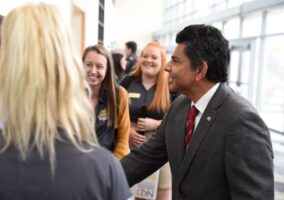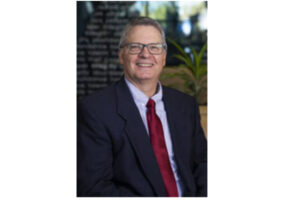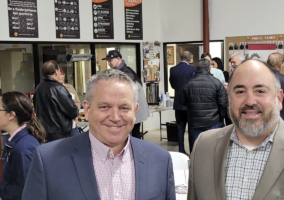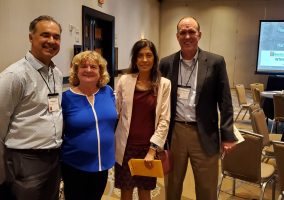Cal Poly Pomona Awarded $1 Million NSF Grant for Students

Pomona, Ca – The Cal Poly Pomona College of Science was awarded a $1 million grant from the National Science Foundation to support the success of socio-economic disadvantaged scholars in the sciences through a new program called “SPIRES,” which stands for Scholars Program in Research, Education and Science.
Starting in fall 2019, SPIRES will award 125 scholarships over a five-year period, build a community of fellows and integrate sector-specific career skills so that scholars are ready to exceed workplace expectations.
SPIRES scholars will learn by doing, conducting rigorous, original research under the guidance of a faculty mentor. The program will include workshops on how to navigate the workplace, salary negotiation, conflict resolution, balancing family and career and dealing with imposter syndrome. The students will also produce five applications to either jobs, internships, or graduate programs
“Scholarships allow students to focus on research. They’re able to be more engaged and have a stronger connection to the university community,” said Steve Alas, professor of biological sciences and the principal investigator on the grant. “The primary objective is to build a cohort model in which scholars develop camaraderie, peer mentors, a group identity and support system.”
The co-principal investigators for the grant are Professor Daisy Sang from the Department of Computer Science, Professor Laurie Riggs from the Center for Excellence in Math and Science Teaching, and Professor Wei-Jen Lin, Department of Biological Sciences.
The new program builds on the success of programs like the university’s Science Educational Enhancement Services (SEES), which supports low economic socio-economic, underrepresented minority students in the College of Science; the Biological Training in Education and Research (BioTIER) Scholars Program for biology graduate students; and the California State University Louis Stokes Alliance for Minority Participation (LSAMP).
Manuel Vejar, geological science ’19 and Pomona LSAMP participant, said his scholarship and faculty mentoring was critical to his success. “The greatest challenge was access - access to financial resources, access to career planning, access to research opportunities.”
Vejar, who plans to become a college professor, has been accepted to a Ph.D. program at Notre Dame where he will study Environmental Actinide Chemistry.








